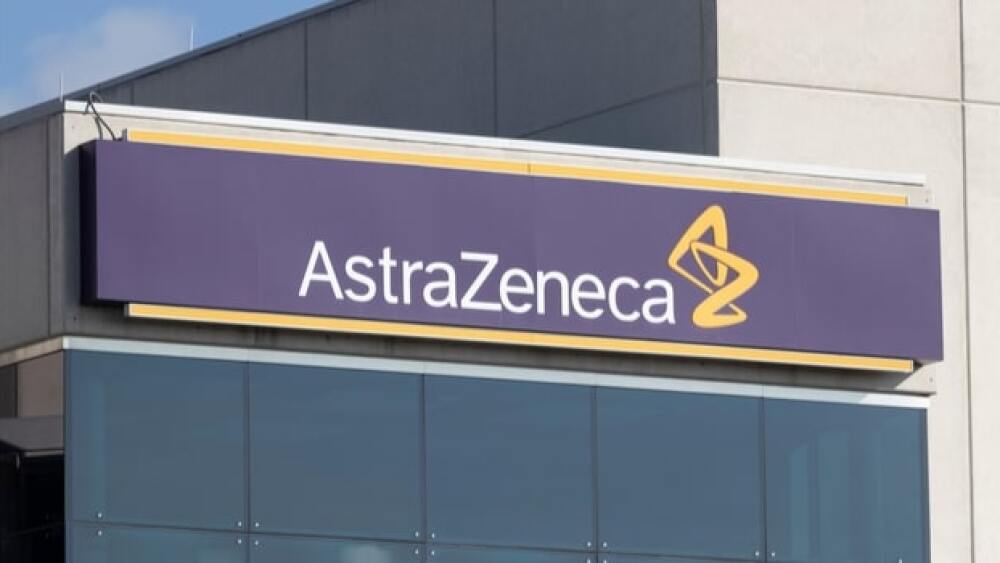The company paid $85 million upfront to Quell Therapeutics to develop Treg therapies for Type 1 diabetes and inflammatory bowel disorder, with the deal potentially worth more than $2 billion.
Pictured: AstraZeneca sign on building/Courtesy of Jonathan Weiss/Shutterstock
AstraZeneca is potentially putting more than $2 billion up for grabs for London-based Quell Therapeutics. Friday, Quell announced a collaboration with the pharma to develop therapies for Type 1 diabetes and inflammatory bowel disorder.
While AstraZeneca fronted $85 million to get started, the multi-billion opportunity comes in the form of development and commercialization milestones and potential royalties down the line.
Bringing its T-regulatory (Treg) cell engineering toolbox to the table, Quell will be responsible for developing the autologous multi-modular Treg cell therapies for Type 1 diabetes and IBD, as well as manufacturing through to the end of the first-in-human clinical study. Quell retains an option to co-develop the Type 1 diabetes program in the U.S. for additional potential earnings.
Taking the success of cell therapies from cancer treatments into autoimmune disease is one that’s been picking up speed in the research and pharma world.
Last fall, Bristol Myers Squibb put close to $2 billion on the line for GentiBio in a collaboration to develop Treg therapies for patients with IBD, an umbrella term for Crohn’s and ulcerative colitis. BMS already has a drug for ulcerative colitis on the market but a cell therapy presents a potentially long-term solution for patients.
In January 2023, Intellia Therapeutics joined forces with Kyverna to collaborate on CD19 CAR T-cell therapies to treat a range of B cell-mediated autoimmune diseases. Examples include multiple sclerosis, rheumatoid arthritis and systemic lupus erythematosus.
A small, five-person study in systemic lupus erythematosus was recently published by German researchers, touting success in the approach. All five patients achieved remission of SLE three months after treatment with a CD19 CAR T-cell therapy.
Quell’s engineered Treg cells are designed to put the brakes on the overactive immune response seen in organ transplantation, inflammatory and autoimmune disease. The platform designs therapies with greater potential for potency and durability than earlier generation approaches, according to the company.
The biotech already has another candidate primed for the clinic—a Treg cell therapy designed to prevent organ rejection by eliminating the usual lifelong immunosuppression for liver transplant patients. The trial is currently recruiting with an estimated completion date in mid-2025.
Kate Goodwin is a freelance life science writer based in Des Moines, Iowa. She can be reached at kate.goodwin@biospace.com and on LinkedIn.






